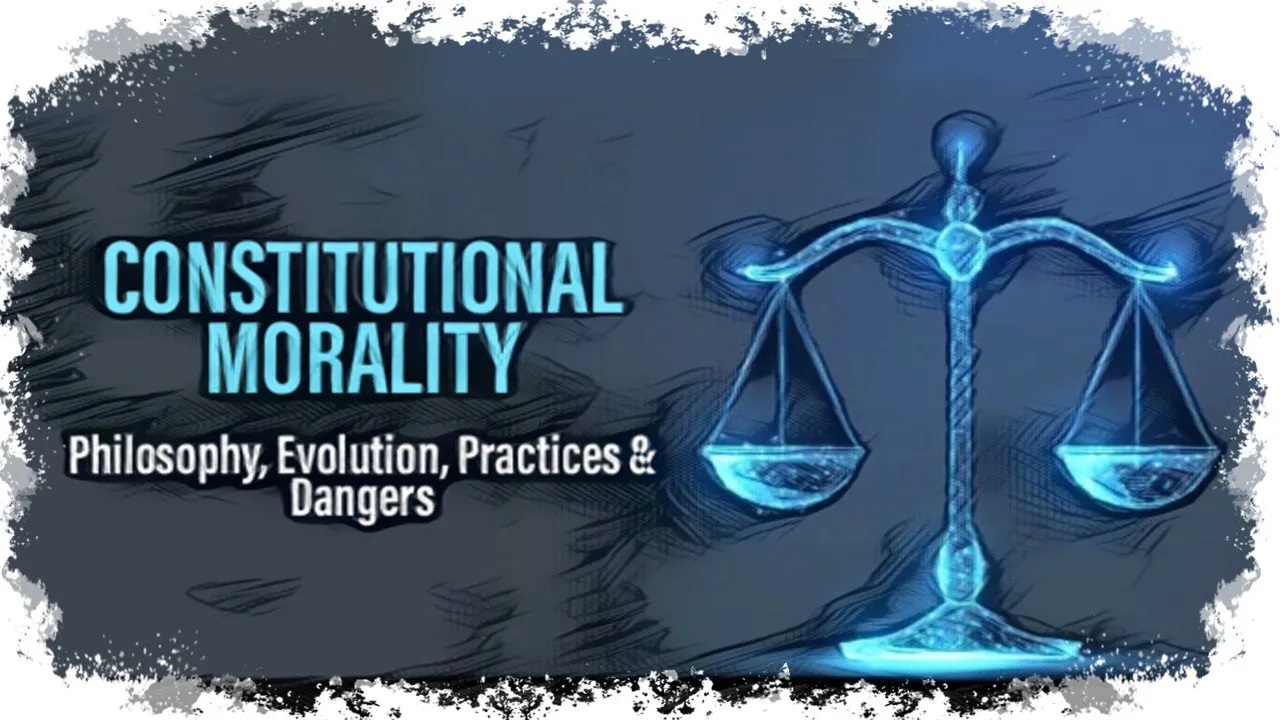Context:
To improve the information network on a national level against “organised criminals”, the National Investigation Agency (NIA) will make a database of gangsters, criminals running their gangs from behind jails, and their associates.
Background:
Sharing some of the key features of the database, a source said it would have the latest photographs of the criminals, biometric details, interrogation report, their logistics provider, weapon suppliers, and harbourers.
Key takeaways:
- Established: 2008 under the NIA Act, 2008, in response to the 26/11 Mumbai terror attacks.
- The NIA, with its headquarters (Hqrs) at New Delhi, has 18 Branch Offices in the country.
- Mandate: Investigation and prosecution of offenses affecting national security such as terrorism, financing of terrorism, and related activities.
- Special Jurisdiction: Unlike state police forces, the NIA can investigate and prosecute cases across states without special permission, overriding the federal division of powers in normal criminal law.
Key Features:
- Investigative Scope: The NIA can investigate and prosecute offences under the Acts specified in the Schedule of the NIA Act. NIA deals with offenses related to:
- Terrorism under Unlawful Activities (Prevention) Act (UAPA)
- Bomb blasts, hijacking, human trafficking, cyber terrorism, and counterfeit currency
- Special Acts like the Atomic Energy Act, 1962, and Anti-Hijacking Act, 2016 etc
- Powers: Similar to a state police force but operates across states. It also has the power to investigate matters referred by the central government or with cross-border implications.
NIA Amendment Act, 2019 focussed on three main areas:
- OFFENCES OUTSIDE INDIA: The original Act allowed NIA to investigate and prosecute offences within India. The amended Act empowered the agency to investigate offences committed outside India, subject to international treaties and domestic laws of other countries. The amended section reads: “Where the Central Government is of the opinion that a Scheduled Offence has been committed at any place outside India to which this Act extends, it may direct the Agency to register the case and take up investigation as if such offence has been committed in India.” The NIA special court in New Delhi will have jurisdiction over these cases.
- WIDENED SCOPE OF LAW: The Schedule originally had The Atomic Energy Act, 1962, The Unlawful Activities (Prevention) Act, 1967, and The Anti-Hijacking Act, 1982, among other entries. The amendment has allowed the NIA to investigate, in addition, cases related to (i) human trafficking, (ii) counterfeit currency or banknotes, (iii) manufacture or sale of prohibited arms, (iv) cyber-terrorism, and (v) offences under the Explosive Substances Act, 1908.
- SPECIAL COURTS: The 2008 Act constituted Special Courts for conducting the trial of offences under the Act. The 2019 amendment allowed the central government to designate Sessions Courts as Special Courts for the trial of scheduled offences under the Act. The central government is required to consult the Chief Justice of the High Court under which the Sessions Court is functioning, before designating it as a Special Court. State governments too, may also designate Sessions Courts as Special Courts for the trial of scheduled offences.
- Federalism Debate: The NIA’s jurisdiction sometimes raises questions about the balance of power between the center and states, as law and order is a state subject under List II of the 7th Schedule of the Indian Constitution.
.jpg)



Comments (0)